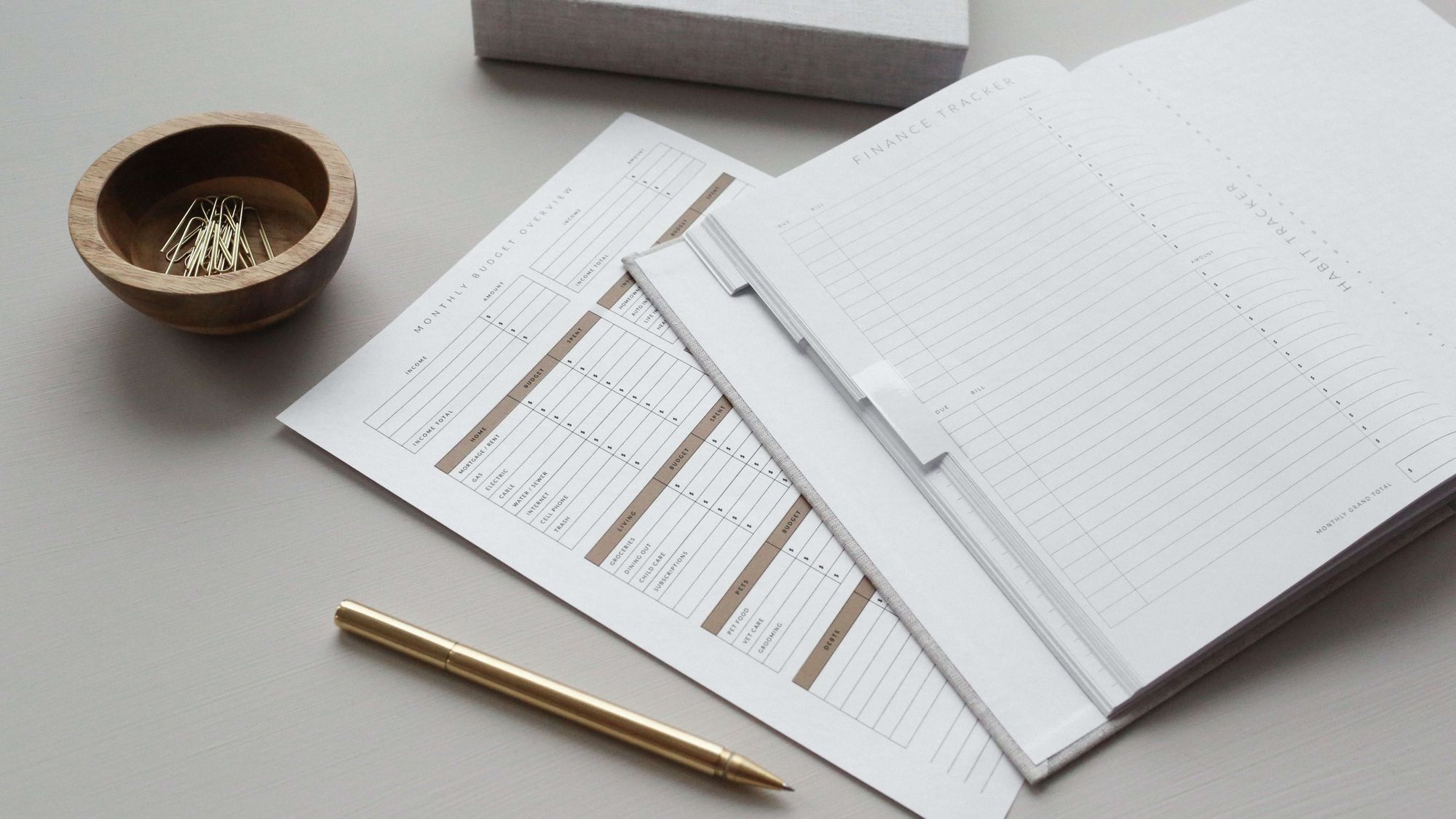Introduction
You may have browsed through a credit requirement form and seen one of the requirements is a Personal Financial Statement. This is a record/report outlining an individual’s financial details including their expenses, liabilities, sources of income, and assets.
This guide aims to give you a deep understanding of what a Personal Financial Statement is, what it entails, how to come up with one, and some frequently asked questions you need to know.
At the end of the guide, we have a customizable template that you can easily use to generate a Personal Finance Statement.

Table of Contents
• Who creates a Personal Financial Statement?
• Do I need a Personal Financial Statement?
• Components of a Personal Financial Statement
• Can my Personal Financial Statement be audited?
• Is a Personal Financial Statement a legal document?
• Should I include any disclosures on my Personal Financial Statement?
Who creates a Personal Financial Statement?
A Personal Financial Statement is crucial to everyone who wants a closer look at their financial status. Notwithstanding, it is majorly used by budding entrepreneurs aiming to get a business loan or to woo investors on board. This is because when a business is in its infancy, it is more often than not without any financial record. Lenders and investors can only rely on the entrepreneur’s financial stability as presented on the Personal Financial Statement to prove their creditworthiness.
Then once the business is in operation, it gets to a point where it can have its own elaborate financial statements.
A Personal Financial Statement feeds off from two important statements which are the balance sheet and the cash flow statement. It serves to;
- Tell your most current financial status i.e what you own as well as what you owe, cash in hand, etc.
- Record your financial activities in particular, your income and spending habits.
- Provide a reliable data source for other activities such as tax filing and loan application.
- Help track your progress towards achieving your set financial objectives.
- Communicate your net worth
A Personal Financial Statement is not static. Most of the information therein keeps on changing with time. For example, you may have a debt today but in a month’s time have it paid off. The value of your assets may also change significantly with time due to various economic factors. You should therefore always aim to keep it updated periodically.
Do I need a Personal Financial Statement?
Now that you know what a Personal Financial Statement is, do you need one?
The answer is YES. You need a Personal Financial Statement for the following reasons;
1. When borrowing a loan
Whether the loan type is a non-recourse* loan or not, most lenders will ask for a Personal Financial Statement. they want to analyze the statement and evaluate if you qualify for the credit facility. A personal Financial Statement that shows a negative net worth might be an indication that you are a high credit risk. However, the Personal Financial Statement is not the only evaluation factor, lenders will have other evaluation criteria.
*Recourse and non-recourse loans are collateral backed loans. That is, in the event of a default and inability to pay the debt, the lender can seize the property placed as collateral. The difference is that in a recourse loan, the lender is allowed to possess other personal assets if there is a balance remaining upon the collection of the collateral. However, this is not the case in a non-recourse loan. Other personal assets or finances not listed as collateral cannot be possessed by the lender to clear any remaining balances. A Personal Financial Statement is required in either instance. In addition to the Personal Financial Statement, lenders will require documentation proving the ownership of the items listed in the statement. You should therefore be honest in the listing and valuation of the assets as well as liabilities in your Personal Financial Statement.
Lenders will also ask for Personal Financial Statements for individuals taking personal guarantees on others.
2. In the sale of a business
During the sale of an existing business, the owner will want to evaluate potential buyers. One of the ways to do so is by requesting their Personal Financial Statement. They are able to tell the buyer’s ability to pay for the business purchase.
3. When leasing a commercial property/space.
This is especially common for small start-up businesses that are solely owned. The landlord in the commercial property will want to evaluate the business’ ability to meet the rental obligation. Since for a startup the business might not have any assets, the evaluation for tenancy may be done on the sole proprietor. They will therefore be required to produce a Personal Financial Statement.
4. When filing for income taxes
You need to have an outline of all your income stream when filing for your taxes. You also need to know which expenses are tax-deductible and which ones are not. A Personal Financial Statement helps you outline all of this thereby making the process of filing for your taxes faster.
5. When making a personal guarantee
Whether it is for your individual loan or someone else’s. most financial institutions will require you to provide a Personal Financial Statement.
6. It is a requirement for certain offices/ seats
A Personal Financial Statement is a mandatory requirement if you are running for certain public offices or positions such as a co-op board.
7. In some instances, a Personal Financial Statement is requested during a divorce settlement.
8. You will also need a Personal Financial Statement when planning for your financial goals e.g retirement, debt repayments, etc. The statement will be a good measure of your progress towards achieving these goals.

Components of a Personal Financial Statement
Date
The headline on the Personal Financial Statement should be the title ‘Personal Financial Statement’ as well as the date it is prepared. The date is very important because your financial status keeps on changing with time.
Personal information
Next is an outline of your personal details which includes;
- Your name
- Address
- Telephone number
- Business name (this is if you are preparing a Personal Financial Statement on behalf of your business)
- Social Security Number.
Some Personal Financial Statement forms by financial institutions include a section to fill in your Social Security Number. This is not mandatory if you are preparing the statement for your own use.
This segment on personal information identifies who is the owner of the Personal Financial Statement.
A list of your assets and liabilities
This is the balance sheet section of the Personal Financial Statement. It outlines all your assets and liabilities. When the liabilities are subtracted from your total assets, one is able to derive your net worth.
Let us delve deeper into the list of assets and liabilities you should include in this section.
Assets
Assets are any items in your present or future ownership with an economic value and can be used for future benefits or to meet future obligations.
Examples of assets to list down are;
- Cash in hand
- Current and savings account balances
- Money market instruments
- Treasury bills
- Certificates of deposit
- Life Insurance value
- Pension
- Mutual fund shares
- Redeemable shares of stock
- Bonds
- Annuities
- Commercial Real estate
- Retirement savings plans e.g. 401(k)s and IRAs
- Residential homes
- Land
- Antique Furniture
- Vacation homes
- Art pieces
- Boats and crafts
- Motor vehicles and motorcycles
- Valuable personal items e.g. jewelry, musical instruments, collected coins, antique items, family heirlooms, rare wine collections, etc
You should measure the value of these assets either using the market value (which is the price the item would fetch if sold in the market currently) or using an appraised value that takes into consideration future price benefits. Sometimes if you are unable to ascertain the correct value of the assets especially when filing in a Personal Financial Statement for a business loan, worry not since the lender will appraise the values for their use.
Most lenders and investors will require proof of ownership of the assets listed above especially for those that will be used as collateral for the debt. For real estate property with a mortgage, it is not unusual to be asked to provide further details such as the mortgage balance, account number, and monthly repayments.
Liabilities
Liabilities are obligations owed to other parties arising from past transactions and are yet to be completed. These can be short term(current) -to be completed within one year or long-term liabilities whose settlement extends beyond one year.
Examples of liabilities are;
- Personal loans
- Car loans
- Student loans
- Credit card balance
- Mortgage
- Tax dues
- Any other outstanding bills e.g. medical bills
When valuing liabilities, you should consider the outstanding amount (including interest if applicable) not the whole debt amount. For example, if you have a mortgage initially valued at $50,000 but have paid 40%, then your liability is 60% of $50,000 plus any additional interest. You can get more details on liabilities from this guide on calculating your net worth.
A list of your income and expenses
This is the cash flow segment of your Personal Financial Statement. It outlines your cash inflows and outflows at a particular period of time. That is your income streams as well as your expenses.
Cash inflows include;
- Salaries/wages
- Capital gains
- Interest from savings, investments, etc
- Dividend income
- Child support
- Alimony
- Trust accounts
Cash outflows include;
- Debt payments e.g mortgage, student loans
- Rent payments
- Utilities
- Insurance premiums
This cash flow section is important as it informs you of your net cash movement. When coupled with budgeting, one is able to improve their cash management skills so that they do not always find themselves spending more money than they have. You can find useful budgeting tips here in this guide.
Personal statement
You should have a personal statement verifying the accuracy of the information provided in the Personal Financial Statement. This should be followed by your signature and date.
One useful tip to prepare a Personal Financial Statement is to have an excel spreadsheet that will help you sum up quickly your net worth as well as net cash flows as shown in this video.
FAQs
Can my Personal Financial Statement be audited?
A court of law or the Internal Revenue Service can order an audit on your Personal Financial Statement if they are suspicious that you are dishonest in your financial presentation or if they have any indication that you are hiding some of your wealth.
Also, if you are submitting a Personal Financial Statement for a credit facility pegged on your assets, the lender will more often than not appraise the assets and value them accordingly.
In addition, lenders will want proof of ownership of the assets and liabilities listed down in the Personal Financial Statement. This is through the relevant supporting documentation e.g. a property deed, mortgage balance statement, a V5 (Vehicle Registration Document), etc. It is therefore a good practice to have all these documents ready especially if you need a Personal Financial Statement to obtain a loan. It will not only make the application process faster but also easier on your end.
Is a Personal Financial Statement a legal document?
Unlike corporate financial statements, a Personal Financial Statement is less stringent legally and has very few legal requirements. However, that does not imply providing false information about your financial status.
As stated by the Small Business Administration, lying knowingly on a Personal Financial Statement presented in a loan application is a contravention of federal law and may have dire consequences such as paying high penalty fees, being disqualified on a loan, etc.
Should I include any disclosures on my Personal Financial Statement?
It is a good practice to have your Personal Financial Statement as telling as possible. One way to ensure this is through availing disclosures which can be descriptors within the statement or as footnotes.
Common disclosures are;
- All the people covered by the Personal Financial Statement for example business partner, spouse etc.
- The accounting method applied to determine the fair value of assets and liabilities.
It may not always be easy to determine the current values of all the assets and sometimes the cost of doing so may be outweighed by the benefit. In such a scenario, accounting SOP 82-1 allows for the use of reasonable judgement.
3. The nature and level of ownership if there are any assets or items in the Personal Financial Statement that are jointly owned.
Bottomline
Just like there are financial statements for businesses, you can also have your own Personal Financial Statement. A Personal Financial Statement is a simpler version of corporate statements. It is an important document to help you gauge your financial status in a nutshell. We have established that you are able to know your net worth from a Personal Financial Statement as well as a vivid knowledge of your cash flow activities. With this knowledge, you are able to adjust your habits accordingly, have a good grip on your cash flow management thereby improving your net worth as well as ensuring you are always on the right track of achieving your financial goals.
Having a Personal Financial Statement is in line with important financial management life skills. It helps when you already have established good habits to manage your money. With these, at any one point in time, you will already be fully aware of your financial status. You will also have all your financial information readily available and well gathered such that filing in /preparing a Personal Financial Statement will be easy-peasy.


